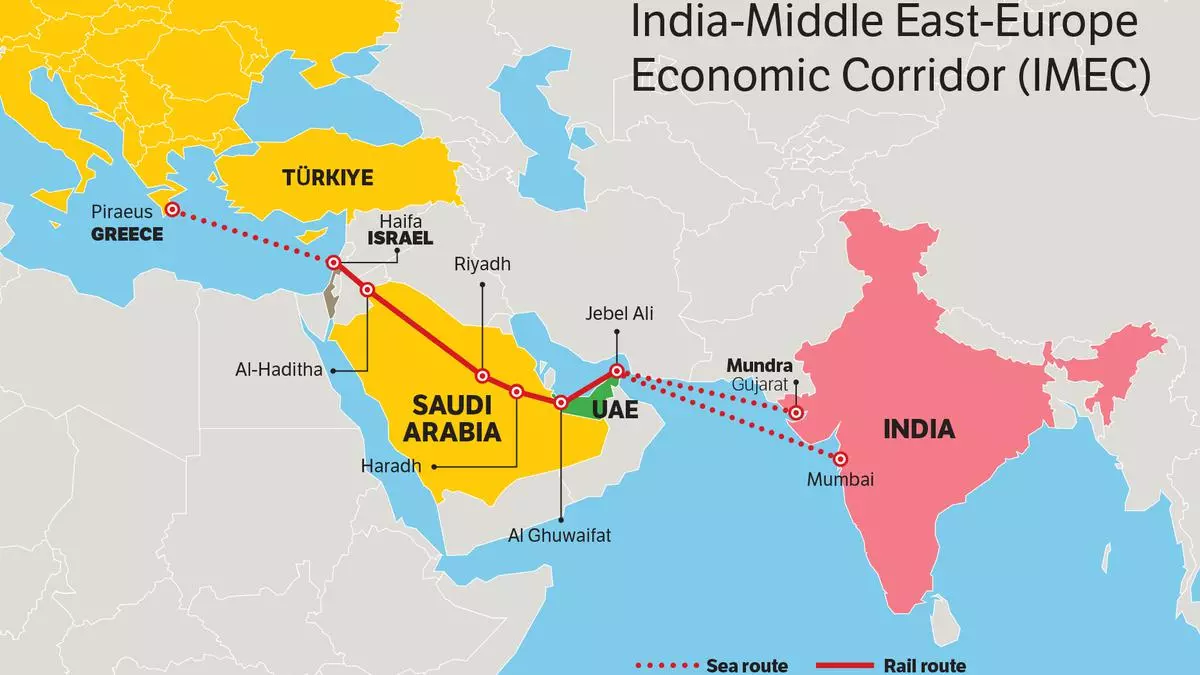Discuss how the India-Russia relationship has evolved amid the Ukraine war, particularly in the light of Prime Minister Modi’s recent visit to Russia?
Self-reliance is a crucial aspect of a country's development, as it enables the nation to control its own destiny and make its own decisions. India, being a large and diverse economy, has been actively pursuing self-reliance in various sectors, including defense, technology, and agriculture. HoweverRead more
Self-reliance is a crucial aspect of a country’s development, as it enables the nation to control its own destiny and make its own decisions. India, being a large and diverse economy, has been actively pursuing self-reliance in various sectors, including defense, technology, and agriculture. However, it is essential to recognize that self-reliance does not mean complete isolation from the global economy or the elimination of imports altogether.
Importance of Self-Reliance:
- Economic sovereignty: Self-reliance allows India to maintain control over its economic decisions, ensuring that the country’s resources are used for its own development.
- Technological advancements: By developing indigenous technologies, India can accelerate innovation and reduce dependence on foreign companies.
- Job creation: Domestic production and manufacturing create job opportunities, contributing to economic growth and development.
- National security: Self-reliance in defense production enhances national security by reducing dependence on foreign supplies and increasing the country’s ability to respond to threats.
Significance of Imports:
- Complementing domestic production: Imports can fill gaps in domestic production, providing access to high-quality goods and services that may not be available locally.
- Fostering competition: Imports can stimulate competition, driving innovation and efficiency in Indian industries.
- Cost savings: Imported goods can be cheaper than domestic alternatives, benefiting consumers and businesses.
- Global connectivity: International trade promotes global connectivity, fostering cultural exchange, cooperation, and mutual understanding.
Balancing Self-Reliance and Imports:
- Strategic partnerships: India can form strategic partnerships with foreign companies to develop joint ventures, transfer technology, and share knowledge.
- Targeted imports: Focus on importing high-tech goods and services that are not easily replicable domestically, while encouraging local production in other areas.
- Trade agreements: Negotiate trade agreements that promote mutual benefit and fair trade practices, ensuring that Indian industries have access to foreign markets while protecting domestic interests.
- Capacity building: Invest in capacity building programs to enhance the skills of Indian workers, enabling them to compete with international standards.

 India’s relationship with Europe has become a key component of its international strategy. As India seeks closer ties with European countries, it faces the challenge of dealing with the continent’s diverse and sometimes contradictory landscape. This engagement is not solely about economic gains or political alliances; it involves understanding and addressing the unique complexities that define Europe. Let’s delve into the different aspects of this relationship in a more detailed and straightforward manner.
India’s relationship with Europe has become a key component of its international strategy. As India seeks closer ties with European countries, it faces the challenge of dealing with the continent’s diverse and sometimes contradictory landscape. This engagement is not solely about economic gains or political alliances; it involves understanding and addressing the unique complexities that define Europe. Let’s delve into the different aspects of this relationship in a more detailed and straightforward manner.
The India-Russia relationship has undergone significant changes amidst the ongoing Ukraine war. Prior to the conflict, India and Russia enjoyed a strong bilateral relationship, with Russia being one of India's largest arms suppliers. However, the Ukraine war has presented challenges and opportunitieRead more
The India-Russia relationship has undergone significant changes amidst the ongoing Ukraine war. Prior to the conflict, India and Russia enjoyed a strong bilateral relationship, with Russia being one of India’s largest arms suppliers. However, the Ukraine war has presented challenges and opportunities for both countries to reassess their ties.
Pre-Ukraine War (2014-2022):
Post-Ukraine War (2022-present):
Key Takeaways from Prime Minister Modi’s Visit to Russia:
Challenges and Opportunities Ahead:
While the Ukraine war has created challenges for the India-Russia relationship, Prime Minister Modi’s visit to Russia indicates that both countries remain committed to their strategic partnership. The relationship will likely continue to evolve amidst international tensions and power dynamics, but it is unlikely to be significantly altered in the near term.
See less